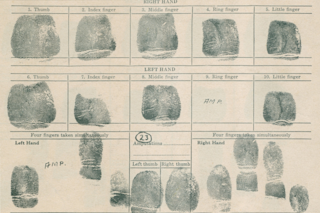In just two weeks, I'm looking forward to participating in a discussion at ScienceOnline '10 with two of my favorite science bloggers: Janet and Isis. Our panel--as the title of this post suggests--is "Online Civility and Its (Muppethugging) Discontents." As you can imagine, the session outta be good! Over the weekend, we chatted about the plan--and that's where you come in... Janet has posted the following terrific questions over at her place, and I encourage readers to read through them while thinking about the meaning of online 'civility'. We invite you to contribute with your perspective in comments below or at the ScienceOnline'10 wiki.
- Is there some special problem of online civility (vs. offline civility)?
- To the extent that online communities and venues for interaction reproduce the norms* off offline communities and venues for interaction in terms of expectations for civility and politeness (including agreed upon definitions of ...













